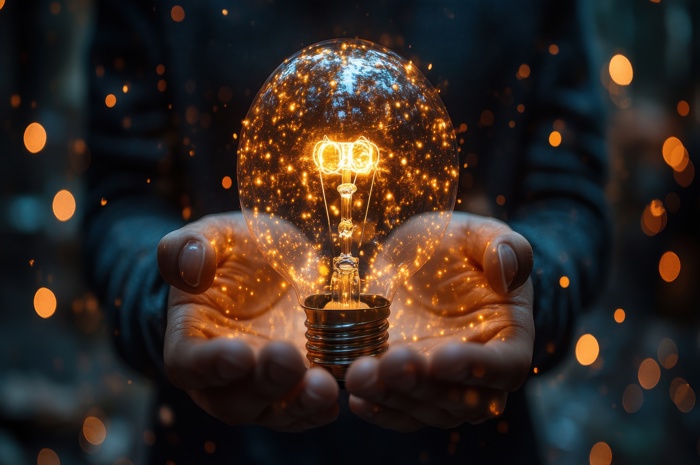Companies are obligated to register for VAT if the following registering criteria is met:
- The businesses total VAT taxable turnover in the last 12 months must exceed £85,000. This £85,000 is known as the VAT threshold.
- The expected turnover is to exceed £85,000 in the upcoming 30 days.
Regardless of the VAT taxable turnover firms must register if the following conditions are satisfied:
- If you the owner of the business is based outside the UK.
- The business is based outside the UK.
- The firm supply goods or services to the UK or expects to within the 30 days period.
Firms with a turnover less than the threshold can also register for VAT, this is referred to as voluntary registration. As, they are not obligated to do so. Also, if the goods and services the organisation sells are exempt from VAT, then the firm does not need to register for VAT.
If the threshold is exceeded in the last 12 months, the firm is required to register if, by the end of any month, that the total table turnover went above £85,000. Therefore, registration will need to be done within 30 days of the end of the month, where the threshold was exceeded. The date at which the registration comes into effect is the first day of the second month after exceeding the threshold.
For Example:
Within the period 6 July 2021 and 5 July 2022 an organisations VAT taxable turnover is £90,000, which is the first time the VAT threshold has been exceeded. The company is required to register by 31 July 2022. Hence, making the effective registration date of the business to be the 1 August 2022.
If the organisation is expected to exceed the annual total VAT taxable turnover threshold in the next 30 days they must register in that period.
Registration must be completed within the 30-day period. Your effective date of registration is the date you realised, not the date your turnover went over the threshold.
For Example:
On 1 July, the firm arranges a £90,000 contract. You’ll be paid at the end of July. Therefore, the firm must register by 30 July. Thus, the registration date will come into effect by the 1 July.
If a firm takes over a VAT-registered business. Then if the combined VAT taxable turnover of the new business and your existing business is over the threshold then you are required to register for VAT.
The turnover is referred to the total value of everything an organisation sells that is not exempt from VAT. Also, it takes into account the zero-rated goods. These are seen to be the goods that are hired or loaned to customers, goods which are bartered, part exchange and gave as gifts.
The effect on an organisation for registering late?
The organisation will need to pay the VAT on any sales they have made since the date of their registration. As well as, the firm may suffer a penalty change. This will be depending on the amount and how late the firm is from registration.
If an organisation, goes over there threshold temporarily this means the firm will be treated as an exception and they will need to provide evidence showing why they believe the VAT taxable turnover will not go over the deregistration threshold of £83,000 in the coming 12 months. HMRC will write to the organisation informing that they are eligible, if they reject then the organisation will need to register for VAT.
The benefits of organisations registering for VAT?
-Allows businesses to reclaim VAT on the purchases for the business.
-being VAT registered increases the customer confidence in the business alongside investor confidence within the firm.
- Being VAT registered helps organisations improve their cashflow, as they will be able to reclaim 20% on goods and services.
The drawbacks of organisations registering for VAT?
-Exceptions to the rules, meaning that different rules are tailored to different industries.
- If your VAT returns are not submitted to meet the deadlines, can result in surcharges and penalties being issued by HMRC. (If the VAT returns are not submitted to HMRC, they will then base the surcharge as a percentage of what the business owes.
The surcharges are calculated using the following table:
| Default within 12 months | Annual Turnover <£150k | Annual Turnover >£150k |
| 2nd | No charge | 2% |
| 3rd | 2% | 5% |
| 4th | 5% | 10% |
| 5th | 10% | 15% |
| 6th | 15% | 15% |
If you want to register for VAT click on the link attached: https://www.access.service.gov.uk/login/signin/creds





















